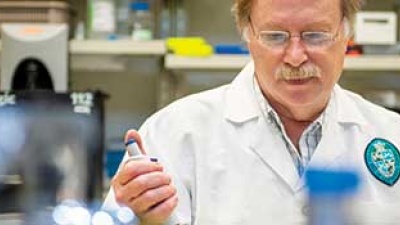Topic: immunology
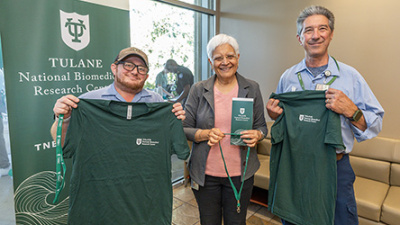
Renowned Tulane Center Adopts New Name Reflecting Broader Biomedical Research Mission
The Tulane National Primate Research Center is now known as the Tulane National Biomedical Research Center, a designation that better reflects its breadth of research and growing contributions to public health.
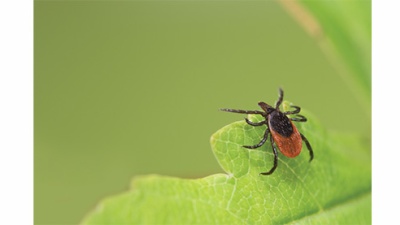
New Treatment for Lyme Disease
Tulane researchers have identified a promising new approach to treating persistent neurological symptoms associated with Lyme disease.
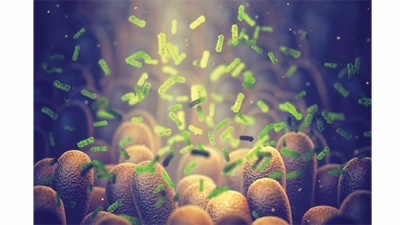
Gut Microbiome May Help HIV Outcomes
Tulane researchers have been awarded a grant to study how changing the gut microbiome may ease gastrointestinal issues for people taking antiretroviral therapy for HIV.
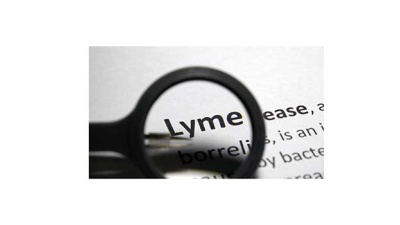
Lyme Infection
Tulane researchers found the bacterium that causes Lyme disease in the brain tissue of a woman who had long suffered neurocognitive impairment after her diagnosis and treatment for the tick-borne disease.

Virus Survives in Air for Hours
The Tulane National Primate Research Center leads a study on COVID-19 aerosols.
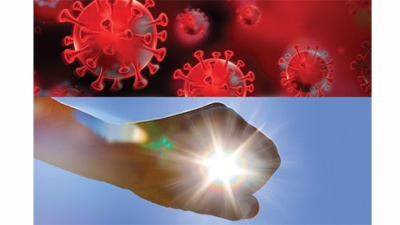
The Virus and Vaccines
During the novel coronavirus global pandemic, the Tulane National Primate Research center goes all out to combat COVID-19, an infectious disease like no other.

Immune Systems
A team of Tulane researchers —James McLachlan, associate professor of microbiology and immunology, John McLachlan, Weatherhead Professor of Pharmacology, and Franck Mauvais-Jarvis, Price-Goldsmith Professor of Nutrition — will study how sex differences shape disparate immune responses in men and women. https://tulane.it/immune-systems

Tulane receives $1 million to study why women have stronger immune systems
Do women have an extra line of defense in their immune systems that gives them an advantage over men in fighting infections?

